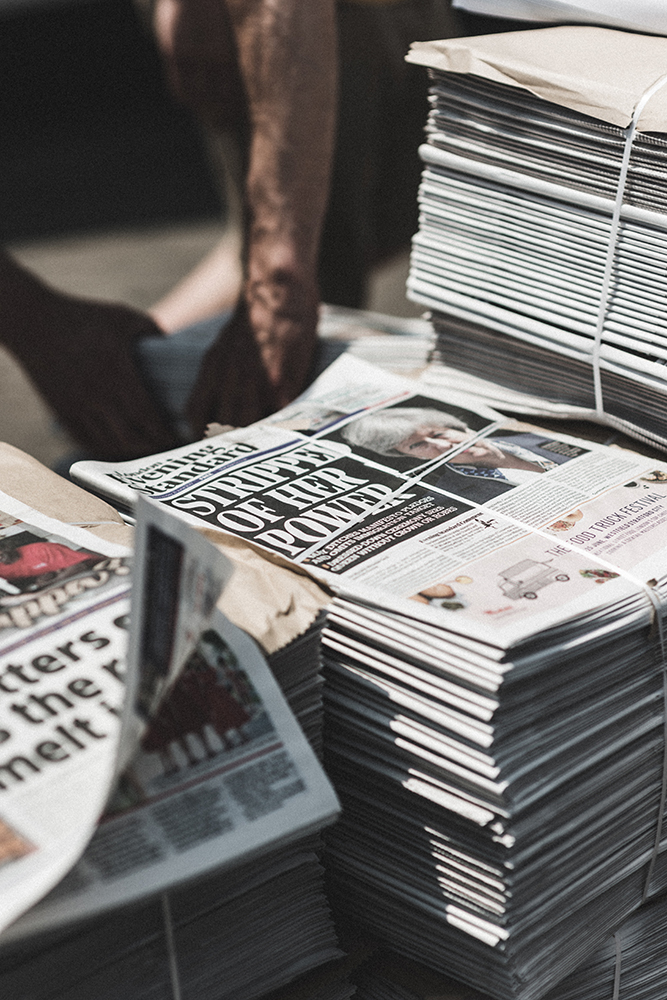US president also wonders whether injecting patients with disinfectant would be effective
The White House has pitched emerging research on the benefits of sunlight and humidity in tackling the coronavirus pandemic.
Past studies have not found good evidence that the warmer temperatures and higher humidity of spring and summer will help diminish the spread of the virus.
But William Bryan of the Department of Homeland Security said that there are emerging results from new research that suggest solar light has a powerful effect in killing the virus on surfaces and in the air.
He said scientists have seen a similar effect from higher temperatures and humidity.
The virus is dying at a much more rapid pace just from exposure to higher temperatures and just from exposure to humidity, Mr Bryan said.
However he stressed that the emerging results of the light and heat studies do not replace social distancing recommendations.
US president Donald Trump, who has consistently looked for hopeful news about containing the virus, was asked if it was dangerous to make people think they would be safe by going outside in the heat, considering that so many people have died in Florida.
I hope people enjoy the sun. And if it has an impact, thats great, the president replied, adding, Its just a suggestion from a brilliant lab by a very, very smart, perhaps brilliant man.
Im here to present ideas, because we want ideas to get rid of this thing. And if heat is good, and if sunlight is good, thats a great thing as far as Im concerned.
Mr Trump noted that the researchers were also looking at the effects of disinfectants on the virus and wondered aloud if they could be injected into people, saying the virus does a tremendous number on the lungs, so it would be interesting to check that.
Mr Bryan said there was no consideration of that.
Researchers convened by the National Academies of Sciences, Engineering and Medicine analysed studies done so far to test virus survival under different laboratory conditions as well as tracking where and how Covid-19 has spread so far.
Given that countries currently in summer climates, such as Australia and Iran, are experiencing rapid virus spread, a decrease in cases with increases in humidity and temperature elsewhere should not be assumed, the researchers wrote in April.
They noted that during 10 previous flu pandemics, regardless of what season they started, all had a peak second wave about six months after the virus first emerged. PA

